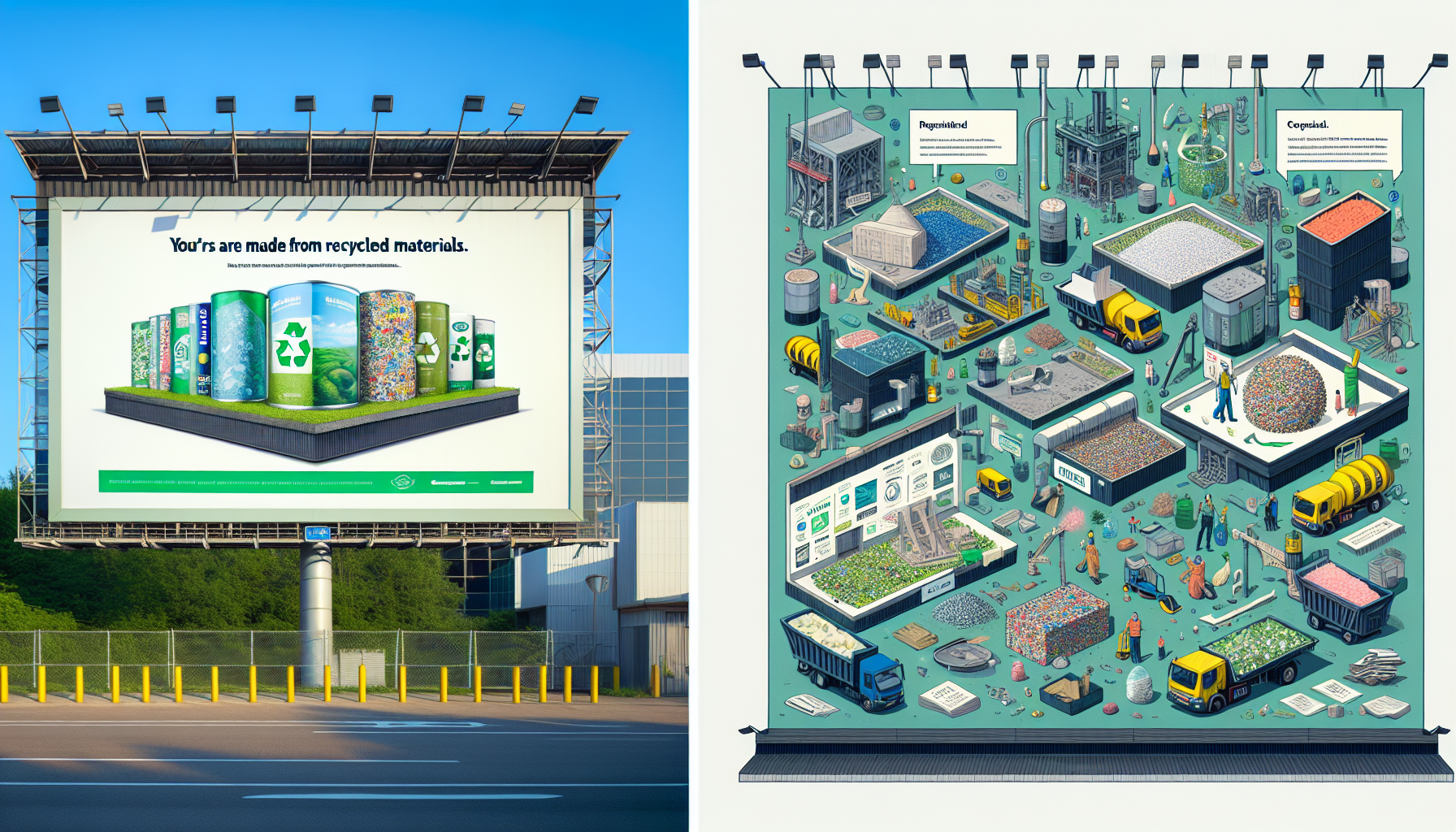Innovative Careers in Food Sustainability

Food sustainability encompasses a wide array of practices aimed at reducing environmental impact while ensuring that food systems are economically viable and socially responsible. This includes everything from responsibly sourcing ingredients to minimizing waste and optimizing supply chains. With consumers increasingly demanding transparency and ethical practices, the food industry has responded by creating specialized roles dedicated to sustainability efforts. These roles not only address environmental concerns but also enhance brand loyalty and consumer trust, ultimately contributing to long-term business success.
Emerging Roles in Food Sustainability
One of the most vital roles in food sustainability is that of a sustainable sourcing specialist. These professionals ensure that ingredients are sourced from suppliers who adhere to ethical and environmentally friendly practices. Their responsibilities include assessing suppliers for sustainability credentials, negotiating contracts that prioritize eco-friendly products, and collaborating with farmers committed to sustainable agriculture. By fostering relationships with responsible suppliers, these specialists play a crucial role in reducing the environmental footprint of food production. For example, US Foods has committed to sourcing 100% of their seafood from sustainable sources, showcasing the impact of this role.
Environmental Impact Assessors
Environmental impact assessors evaluate the ecological consequences of food production and distribution processes. They analyze data related to energy use, water consumption, and waste generation to provide insights that help organizations like US Foods make informed decisions. Their work is essential for identifying areas where improvements can be made, ultimately leading to more sustainable practices across the supply chain. By conducting comprehensive assessments, these professionals help companies understand their environmental impact and implement strategies to mitigate it.
Waste Reduction Coordinators
Given that food waste significantly contributes to greenhouse gas emissions, waste reduction coordinators are crucial in crafting strategies to minimize waste. They implement programs to track waste throughout the supply chain, develop initiatives to repurpose food by-products, and promote composting and recycling within the company. By focusing on waste reduction, these coordinators help organizations like US Foods move towards a circular economy, where resources are reused and waste is minimized. For instance, US Foods has successfully diverted millions of pounds of food waste from landfills through effective waste management strategies.
Sustainability Analysts
Sustainability analysts leverage data analytics to track the effectiveness of sustainability initiatives. They assess key performance indicators related to environmental impact, such as carbon footprint and resource use efficiency. By interpreting this data, they provide recommendations for improving sustainability practices and help drive the organization’s strategic goals. Their analytical skills are essential for measuring progress and ensuring accountability in sustainability efforts. For example, sustainability analysts may provide insights that lead to more energy-efficient logistics or reduced packaging waste.
Supporting Examples and Evidence
US Foods has actively invested in sustainability initiatives that showcase the impact of these innovative roles. Their commitment to sourcing sustainable seafood has been recognized by the Marine Stewardship Council, highlighting the importance of sustainable sourcing specialists. Additionally, their waste reduction programs have been pivotal in diverting millions of pounds of food waste from landfills, demonstrating the effectiveness of waste reduction coordinators. Moreover, the increased focus on sustainability has resonated with consumers, leading to a rise in sales of products labeled as organic, locally sourced, or environmentally friendly. This shift benefits the planet and enhances the reputation and profitability of companies like US Foods, creating a win-win scenario for businesses and the environment.
Innovative careers in food sustainability represent a vital response to the growing demand for environmentally responsible practices in the food industry. By creating roles focused on sustainable sourcing, environmental impact assessment, waste reduction, and data analysis, organizations like US Foods are paving the way for a greener future. These positions not only contribute to the well-being of the planet but also offer fulfilling career opportunities for individuals passionate about making a difference. As the food industry continues to evolve, the significance of sustainability-focused careers will only increase, making them essential for both the environment and the economy. By investing in these roles, the food industry can lead the charge toward a more sustainable future, ensuring that food systems are resilient, responsible, and ready to meet the challenges of tomorrow.
Sustainable Sourcing Specialist
US Foods, Whole Foods Market, Sysco
Core Responsibilities
Evaluate and select suppliers based on sustainability practices and certifications.
Negotiate contracts prioritizing ethical sourcing and eco-friendly products.
Collaborate with farmers and producers to promote sustainable agriculture initiatives.
Required Skills
Strong understanding of sustainable agriculture and supply chain management.
Excellent negotiation and communication skills.
Familiarity with certifications such as Fair Trade or Rainforest Alliance.
Environmental Impact Assessor
Environmental consulting firms, large food distributors, government agencies
Core Responsibilities
Conduct assessments of food production and distribution processes to evaluate environmental impacts.
Analyze data on energy consumption, water usage, and waste generation.
Provide actionable insights to improve sustainability practices within the organization.
Required Skills
Proficiency in environmental science and data analysis tools.
Ability to develop comprehensive reports and presentations.
Knowledge of relevant environmental regulations and standards.
Waste Reduction Coordinator
Restaurants, food manufacturers, sustainability-focused NGOs
Core Responsibilities
Develop and implement strategies to minimize food waste across the supply chain.
Track waste metrics and identify areas for improvement.
Promote food repurposing, composting, and recycling initiatives within the organization.
Required Skills
Strong project management and problem-solving abilities.
Familiarity with waste management practices and circular economy concepts.
Excellent communication skills for engaging staff and stakeholders.
Sustainability Analyst
Corporations with sustainability departments, consulting firms, NGOs
Core Responsibilities
Analyze key performance indicators related to sustainability initiatives and environmental impacts.
Provide data-driven recommendations for improving resource efficiency and reducing carbon footprint.
Monitor regulatory changes and industry trends to inform strategic decisions.
Required Skills
Advanced analytical skills and experience with data visualization tools.
Knowledge of sustainability metrics and reporting standards (e.g., GRI, CDP).
Strong written and verbal communication skills for reporting findings.
Green Logistics Manager
Major retailers, distribution companies, logistics firms
Core Responsibilities
Oversee the implementation of sustainable logistics practices within the supply chain.
Analyze transportation routes and methods to reduce carbon emissions and improve efficiency.
Collaborate with suppliers and distribution centers to enhance eco-friendly practices.
Required Skills
Experience in logistics and supply chain management with a focus on sustainability.
Strong analytical skills to assess logistics performance metrics.
Knowledge of green transportation technologies and practices.


